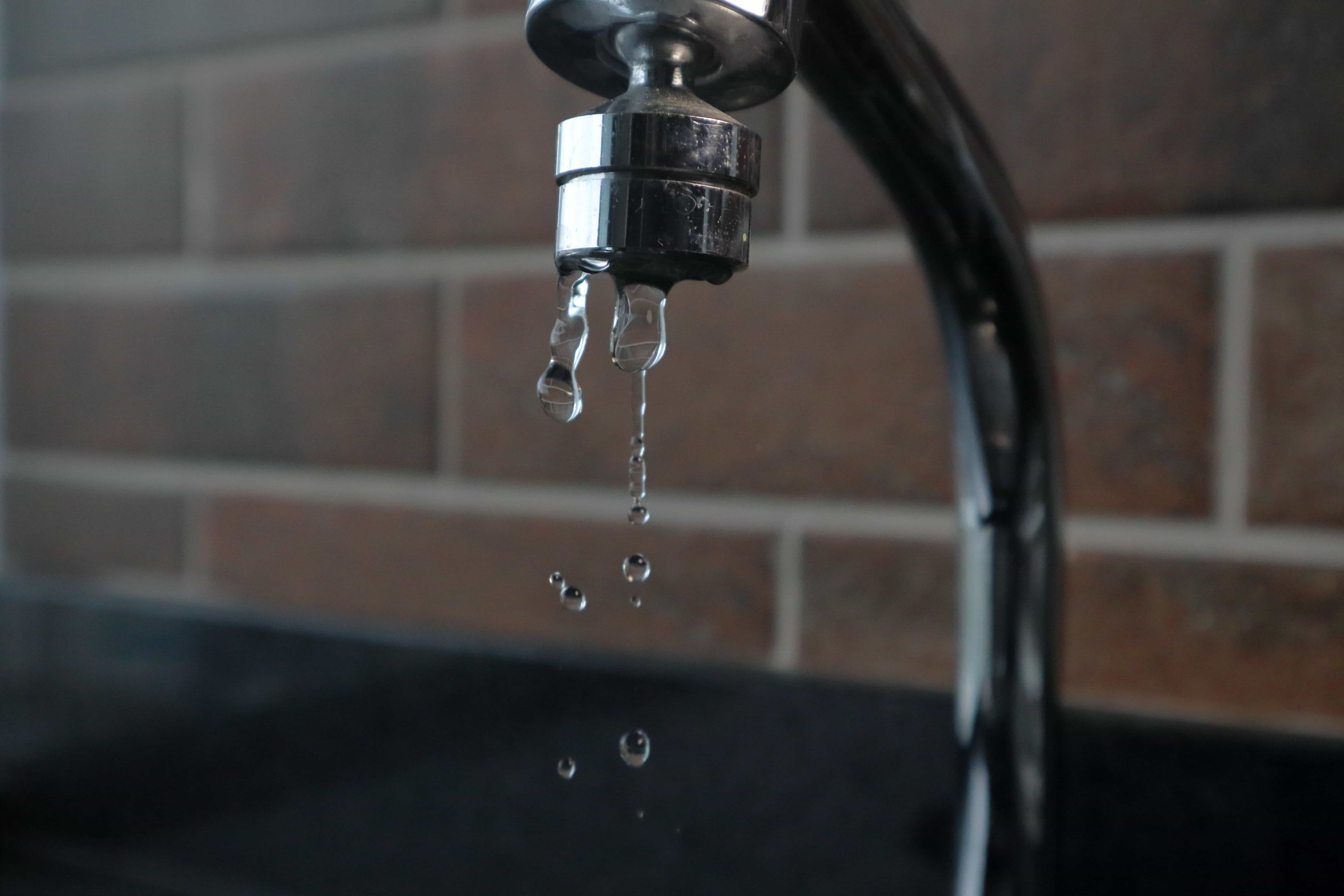Tips on How to Choose Environmentally Friendly Plumbing Materials
Tips on How to Choose Environmentally Friendly Plumbing Materials
Blog Article
We have discovered this article pertaining to What are some eco-friendly plumbing solutions? directly below on the net and thought it made perfect sense to quickly share it with you here.

Selecting environment-friendly plumbing materials not only helps reduce your environmental impact yet additionally can boost the sustainability and performance of your home. Below's an overview to assist you navigate the alternatives for even more ecologically conscious plumbing choices.
Consider the Material's Life-span
Go with plumbing products that use sturdiness and durability. Longer-lasting materials suggest fewer substitutes, reduced waste, and lower lasting ecological effect. As an example, copper and stainless steel are both highly long lasting and 100% recyclable, which helps lessen waste.
Look For Recycled Material
Choose materials which contain recycled content. Lots of steel plumbing products, like those made from copper and stainless steel, frequently include a considerable percent of recycled products. PVC and PEX can additionally contain recycled plastics, though their overall environmental impact may be higher because of their production and disposal processes.
Evaluate the Production Process
Search for products manufactured through environmentally friendly processes. This includes materials like cast iron or copper, which can be produced with a fairly reduced ecological impact contrasted to plastics that require chemical-intensive manufacturing procedures.
Prioritize Water Efficiency
Picking water-efficient fixtures, such as low-flow bathrooms, faucets, and showerheads, is important. These fixtures reduce water use, which not only decreases your water bill yet also decreases the power consumed in water home heating and reduces the stress on sewage treatment facilities.
Pick Non-Toxic Products
Stay clear of materials that leach chemicals into the water. Copper and PEX are normally safe, yet it is necessary to make sure that any kind of plastic parts do not have damaging chemicals like BPA or phthalates, particularly for alcohol consumption water lines.
Consider the Energy Required for Water Home Heating
Select pipes designs and products that reduce the power required for home heating water. Shielding your warm water pipes and choosing efficient system formats can significantly lower the power used, thus decreasing your home's general carbon impact.
Go With In Your Area Sourced Materials
Utilizing in your area sourced materials can reduce the carbon exhausts associated with transport. Furthermore, sustaining local companies assists advertise a lasting neighborhood economic situation.
Review End-of-Life Disposal
Think about the recyclability and biodegradability of pipes products. Metals like copper and steel are usually recyclable, while some plastics and rubbers may not be, adding to landfill waste. Comprehending the lifecycle of the products you choose can assist in making a much more lasting choice.
Search for Qualifications
Look for products with environmental accreditations. Accreditations like EPA's WaterSense, GREENGUARD, or Cradle to Cradle (C2C) indicate that products fulfill rigid ecological standards throughout their lifecycle.
Final thought
Choosing environment-friendly pipes materials includes considering the resilience, recycled web content, manufacturing process, water and energy performance, poisoning, sourcing, disposal, and qualifications of the products. By making informed choices, property owners can significantly reduce their ecological impact while making certain the effectiveness and longevity of their pipes systems.
The Impact of Plumbing Materials on the Environment
When buying a home you may be interested in having a sustainable home, and one of the most important aspects that you should not overlook the plumbing systems. With water contamination getting more and more common lately, it’s important to understand how plumbing systems work and their impact on the environment. Drinking water is carried through these pipes everyday and when choosing plumbing materials we must consider ecological toxicity, air pollution, fossil fuel depletion, and global warming.
Low Cost
When buying a home you may be looking for the cheapest way to be sustainable. Although some environmentally-friendly products may be somewhat more expensive than their competitors, money will be saved in the form of reduced water usage and decreased energy consumption in the long run.
A Life Cycle Inventory of residential plumbing systems done in 2011 showed that CPVC systems demonstrate 5% less energy waste than PEX systems and 17% less than copper. This study also indicated that CPVC systems wanted 30% less water than copper and 15% less than a PEX system. These numbers are likely due to the differences in thermal conductivity between these materials.
Copper has a thermal conductivity that is hundreds of times higher than plastics. PEX materials are the least thermal conductive of the three tested and this is why it is better in conserving water and energy.
Sustainability
While environmental performance is important, people can still be concerned about the sustainability of their home. The use of proper plumbing materials when building a home can greatly affect the future sustainability of the home, which can also affect future costs and bills.
A relatively new factor in plumbing, eco-friendly pipe materials can reduce both energy costs, and the overall environmental footprint of your home. These materials are not as widely available due to their recent introduction to the industry, but an understanding of the benefits of each can help save both money and the environment later down the line.
Environment-Friendly Materials
The two most common types of piping material in use today are metals like iron and copper, and PVC piping. Of the two, metal piping is more environmentally friendly and sustainable, but not without drawbacks.
PVC piping however, is notorious for low sustainability, contaminating water with chemicals, and increased waste or “greywater”. While PVC is recyclable, the process is expensive and not in high demand due to the cheap price of fresh PVC.
Metal piping however, has a longer lifespan with less chance of deterioration and no harmful chemical waste that could contaminate your water and potentially harm you or your family. Metal piping is susceptible to corrosion however, usually after a long fifty year lifespan.
The best alternative to these two pipings is relatively new eco-friendly plastics like the ones mentioned earlier. Polyethylene and polypropylene are the two main ingredients in these pipes which are recognized by Greenpeace, an environmental organization, to be the only “future-friendly” piping material on the market.
The more natural and longer lasting materials prevent long term contamination with eco-friendly materials that last long enough to rival the longevity of metal piping. Even local Atlanta plumbers and plumbing installers should have access to the materials you need to make your house eco-safe.
https://www.ecomena.org/impact-of-plumbing-materials-on-environment/

As a devoted reader about What are some eco-friendly plumbing solutions?, I assumed sharing that post was really useful. Appreciated our review? Please quickly share it. Let another person check it out. Thanks a bunch for your time. Return soon.
Click Here Report this page